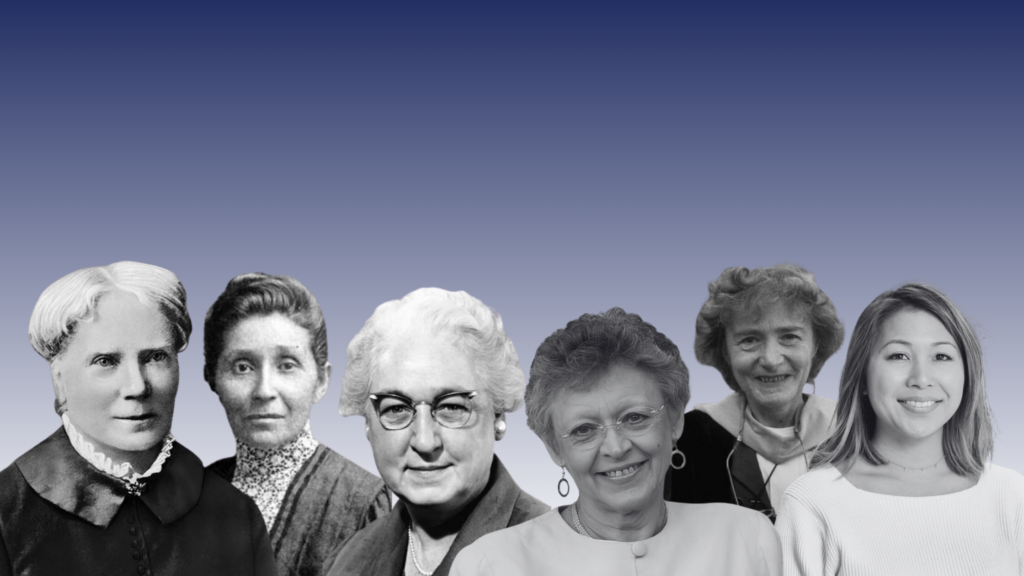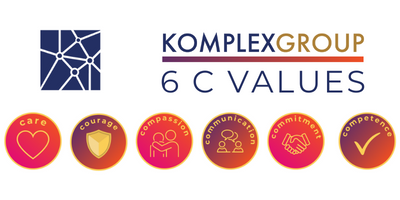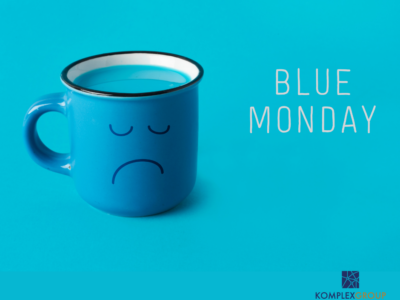
International Women’s Day is a chance to celebrate the contributions, strengths and achievements of women everywhere.
As well as highlighting some of the wonderful women who’ve revolutionised the healthcare sector, we also wanted to pay tribute to our own team of Komplex women!
It may come as no surprise that many of our staff are women. Especially given 70% of the global healthcare workforce are – according to WHO.
Yet we’re happy to say we don’t follow the trends when it comes to reserving the ‘top spots’ for men. Across the world, only 25% of leaders in the industry are women.
But here at Komplex, we’re proud and fortunate to count many women among our management teams, including:
- One of our two Co-Founders
- Both of our Operational Directors
- Our HR Director
- Our Training Team
- One of our Registered Managers
- And many of our Operations Managers, Team Leaders and Co-ordinators
Our co-founder Sharon Lane says:
“At Komplex, we believe it’s simply not enough to hire women and then say our job promoting equality is done. We need to ensure opportunities to progress into management are just as abundant for every single one of our team members.
“I’m proud to have so many extraordinary women working across the Komplex Group. Many of whom we have been delighted to mentor, support and watch climb up the career ladder.
“A huge thank you to all of those women for their hard work and dedication. And we hope they serve as inspiration to the next generation of healthcare leaders so we can balance the scales when it comes to female representation in the top roles.”
Worldwide healthcare heroes
We also wanted to highlight some of the women who’ve transformed the industry through their courage and capability. Aside from the most well-known like Florence Nightingale, Marie Curie or Edith Cavell, there are so many others who deserve a place in the ‘Healthcare Hall of Fame’.
Women like:
Elizabeth Blackwell
Dr Elizabeth Blackwell was the very first woman – ever – to achieve a Doctor of Medicine degree in America. She was rejected from more than ten medical schools but refused to pretend to be a man to be accepted. She co-founded the New York Infirmary for Indigent Women and Children to provide healthcare to the poor. And the Women’s Medical College of the New York Infirmary – supporting women into pursuing medical careers.
Susan La Flesche Picotte
Dr Susan La Flesche Picotte was the first Native American woman in the US to gain a medical degree. And she went on to help thousands of people as the only doctor covering 1,350 square miles of reservation land!
Unbelievably, the doctor could deliver newborns and treat illness and injury – but didn’t have the right to vote as a Native American woman.
Virginia Apgar
The name ‘Apgar’ may be familiar to parents – newborns are given an Apgar score immediately after birth to identify whether they need medical attention.
The name comes from its developer Dr Virginia Apgar, who was one of only nine women in her medical class in the 30s and went on to be instrumental in public awareness of preventing birth defects.
Former US Surgeon General Julius Richman said Dr Apgar had ‘done more to improve the health of mothers, babies, and unborn infants than anyone else in the 20th century’.
Francoise Barré-Sinoussi
Virologist Francoise Barré-Sinoussi was born in Paris in the 1940s. She began working at the Institut Pasteur as a volunteer and earned her PhD in 1975.
Now a Nobel Prize winner, she discovered (alongside Luc Montaigner) the retrovirus which later became known as HIV. The pair found that HIV attacked blood cells which impact the body’s immune system – the process which leads to AIDS.
Gerty Cori
Dr Gerty Cori, who moved to the US from Prague, was the first woman in America to win a Nobel Prize in science. But her journey wasn’t easy.
She and her husband Carl published dozens of biomedical research papers. They made a huge diabetes treatment breakthrough by examining how the body uses energy from food and how glucose is metabolised.
But she remained a research assistant for years, on a fraction of his salary. He was also promoted years ahead of her – despite all their research being joint.
Elaine Hsiao
Through her research into the microbiome, Dr Elaine Hsiao and her team have discovered that ‘tweaking’ the germs inside our bodies could improve symptoms of depression, autism and multiple sclerosis.
If these results translate into human trials, this could be the key to helping address complex conditions like depression with ‘easy-to-manipulate microbes’ instead of long-term treatment.
Happy International Women’s Day! And thank you to all of the women working in healthcare around the globe, especially our wonderful Komplex teams!









